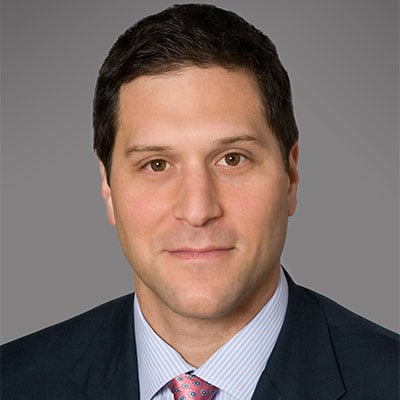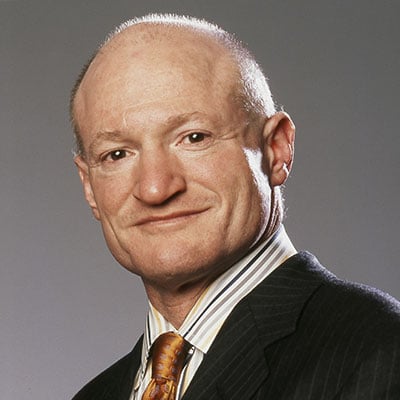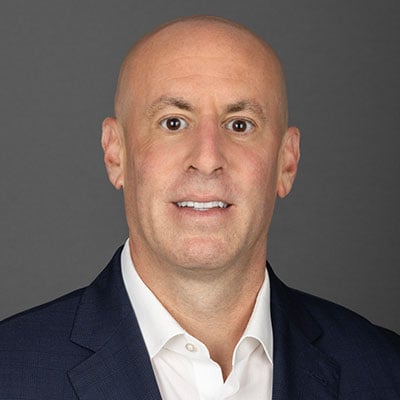LightSquared Cleared For Voting On Falcone-Backed Plan
The judge presiding over LightSquared Inc.’s bankruptcy gave stakeholders the go-ahead Tuesday to vote on a restructuring plan but implored its proponents to make peace with Dish Network Corp. chairman Charlie Ergen, the wireless venture’s largest creditor and fiercest opponent.
After approving the disclosure statement tied to LightSquared’s Chapter 11 exit strategy, U.S. Bankruptcy Judge Shelley C. Chapman begged attorneys to find a way to resolve Ergen’s objections regarding the treatment of his $1 billion claim — with “loose change in the sofa cushions,” if necessary — and avoid a contested confirmation trial.
Barring a settlement, Ergen is expected to fight the reorganization when it comes up for court approval in March and brings the long, unpredictable and contentious bankruptcy to a head. With its spectrum sitting idle, LightSquared has been bleeding cash on legal fees and interest payments, taking $70 million in losses last month alone.
“Take the money that you wouldn’t spend, throw it toward a solution, and we can have a confirmation hearing next week,” Judge Chapman said from the bench. “That says nothing about what I think about the plan, just that I feel very strongly about an outcome that might be achievable if everybody put their hearts and minds and pocketbooks to work.”
Backed by the rest of LightSquared’s major creditors, the proposal would release LightSquared from Chapter 11 and hand an equity stake back to current top shareholder Harbinger Capital Partners LLC, the hedge fund owned by Philip Falcone that has battled since 2012 to expel Ergen from the company.
Judge Chapman called the plan one that “neither side really wants” — Ergen because of the treatment of his debt, Harbinger because Ergen would stay a part of LightSquared’s capital structure.
The 2012 revelation, after LightSquared entered Chapter 11, that Ergen had bought up LightSquared’s secured bank debt on the secondary market threw the case into turmoil and sparked a lengthy legal battle with Harbinger, which claimed that he did so in secret in order to infiltrate the company’s capital structure.
LightSquared’s Chapter 11 plan, the latest of many filed in the case, would keep the company unified and pay off Ergen with five-year paper. Other bank lenders would get repaid in cash, with funding for the reorganized entity from $125 million in new working capital.
Shareholders pumping in the exit financing — Fortress Credit Opportunities Advisors LLC and Centerbridge Partners LP — would receive equity stakes of 26 percent and 8 percent, respectively, in exchange.
The plan superseded one that would have left Harbinger as the odd creditor out and handed Ergen a 60 percent stake. Ergen previously testified that he had no interest in owning the company, but LightSquared said in court papers that he had refused to support "any proposal that did not result [in] obtaining ownership and control of the debtors’ assets."
Judge Chapman ruled last year that Ergen breached a credit agreement with his stealthy debt purchases but never ruled on how much of his claim should be wiped out as a result. While Ergen maintained that he was investing only for himself, Harbinger has alleged that he was positioning Dish to scoop up LightSquared’s valuable spectrum assets out of bankruptcy.
The confirmation trial could turn on how much LightSquared is worth, a matter of considerable debate among the parties. Judge Chapman approved the disclosure statement after LightSquared inserted additional language about the assumptions underpinning its valuation, which assumes that its nationwide wireless network will launch by 2016.
LightSquared fell into bankruptcy when the Federal Communications Commission rejected its network over concerns about interference with existing global positioning technology. Harbinger sued the government and the GPS industry but would walk away from those lawsuits under the plan, which contemplates a $200 million fee for its backers if it fails.
LightSquared is represented by Matthew S. Barr, Alan J. Stone, Andrew M. Leblanc and Karen Gartenberg of Milbank Tweed Hadley & McCloy LLP and Paul M. Basta and Christopher Marcus of Kirkland & Ellis LLP.
The LightSquared special committee is represented by James H.M. Sprayregen, Paul M. Basta and Joshua A. Sussberg of Kirkland & Ellis LLP.
Centerbridge is represented by Brad Eric Scheler, Peter B. Siroka and Aaron S. Rothman of Fried Frank Harris Shriver & Jacobson LLP.
SIG Holdings is represented by Nicholas E. Baker and Sandeep Qusba of Simpson Thacher & Bartlett LLP.
Fortress is represented by Kristopher M. Hansen, Frank A. Merola and Jayme T. Goldstein of Stroock & Stroock & Lavan LLP.
Harbinger is represented by David M. Friedman, Adam L. Shiff, Daniel A. Fliman and Matthew B. Stein of Kasowitz Benson Torres & Friedman LLP.
The case is In re: LightSquared Inc., case number 1:12-bk-12080, in the U.S. Bankruptcy Court for the Southern District of New York.
REPRINTED WITH PERMISSION FROM THE JANUARY 20, 2015 EDITION OF LAW360 © 2015 PORTFOLIO MEDIA INC. ALL RIGHTS RESERVED. FURTHER DUPLICATION WITHOUT PERMISSION IS PROHIBITED




